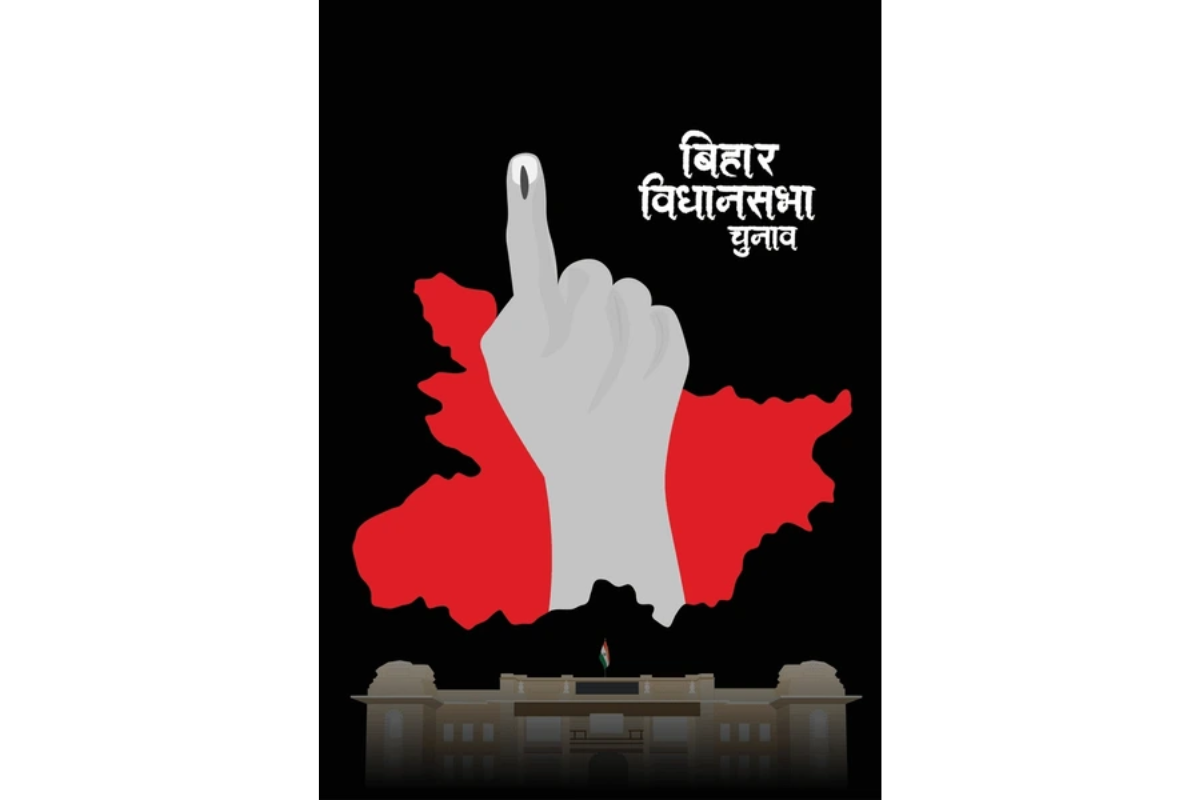Bank & NBFC Loan Recovery Harassment in India: Know Your Rights and How to Fight Back
Every year, millions of Indians who have taken loans from banks or Non-Banking Financial Companies (NBFCs) face a reality that…

Special Intensive Revision
With Bihar headed for assembly elections later this year, a new exercise by the Election Commission of India (ECI) has set off a political firestorm. The initiative, called SIR (Special Intensive Revision), aims to clean and update the state’s voter rolls. However, what was launched as a bureaucratic process has now turned into a major political controversy. Opposition parties are accusing the ECI and by extension, the ruling BJP of using SIR as a tool to disenfranchise large sections of Bihar’s voters. Meanwhile, the BJP-led NDA defends the move as necessary to ensure fair and transparent elections.
The Special Intensive Revision (SIR) is an ECI-ordered, large-scale door-to-door verification drive of Bihar’s 8 crore registered voters. This includes:
This revision was notified on June 24, 2025, and voters were initially given just one month—until July 25—to comply. The EC did not accept common ID proofs like Aadhaar, voter ID cards, or ration cards as sufficient documents in the initial stages.
Opposition led by the INDIA bloc (Congress, RJD, SP, and others) has strongly opposed the exercise for several reasons:
The Election Commission maintains that SIR is a routine and constitutional process done to ensure free and fair elections. EC officials argue that previous voter lists contained errors, outdated entries, and duplications that needed urgent correction. BJP leaders have echoed similar sentiments, stating that the exercise is essential to maintain voter roll integrity. They accuse the opposition of politicizing a neutral process and spreading panic. The Commission claims it has already verified 98% of households and flagged over 52 lakh anomalies. It also says guidelines were based on precedents from past revisions in other states.
On July 10, the matter reached the Supreme Court, which questioned the ECI’s refusal to accept commonly held documents. The court has asked the ECI to reconsider its stance, especially on Aadhaar and EPIC. A further hearing is scheduled for July 28, and its ruling could shape the direction of the entire process.
Bihar is a politically charged state. BJP and its allies are looking to consolidate their hold, while the INDIA bloc is fighting hard to regain lost ground. With marginalized communities forming a large part of the electorate, the outcome of SIR could have serious implications. If large numbers of voters are left out due to document issues, it could significantly alter voting patterns and voter turnout in key constituencies.
With growing pressure from civil society, political parties, and now the judiciary, the ECI may be forced to:
The opposition, however, is not backing down. They continue to demand a full rollback of the current rules or a postponement of the election process itself.
SIR, which started as a technical voter roll update, has turned into a symbolic battleground in Bihar’s election war. For the Election Commission, it is a test of transparency and independence. And for political parties, it’s about control over a crucial voter base. For millions of citizens, it’s about their right to vote. As Bihar gears up for polls, one thing is clear: the debate over voter verification will continue to shape the political narrative in the weeks to come.
Advertisement